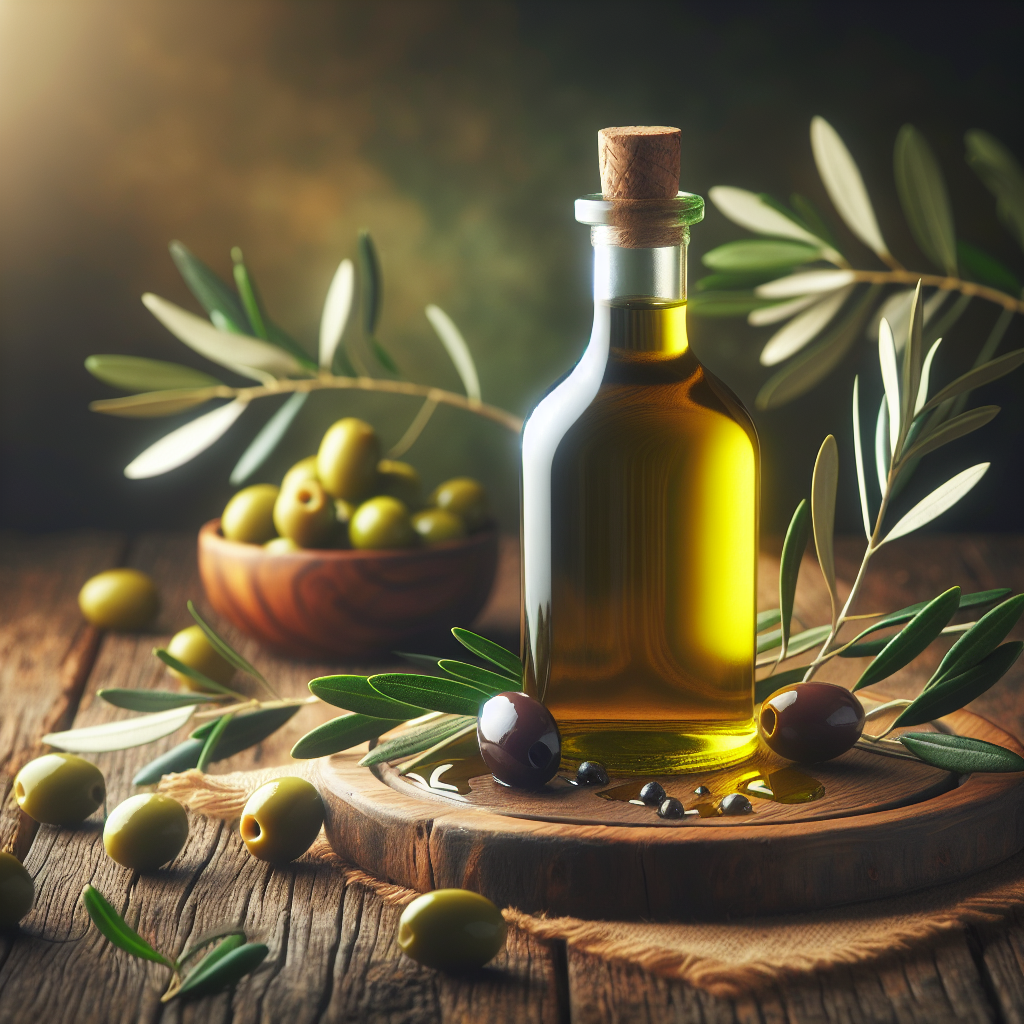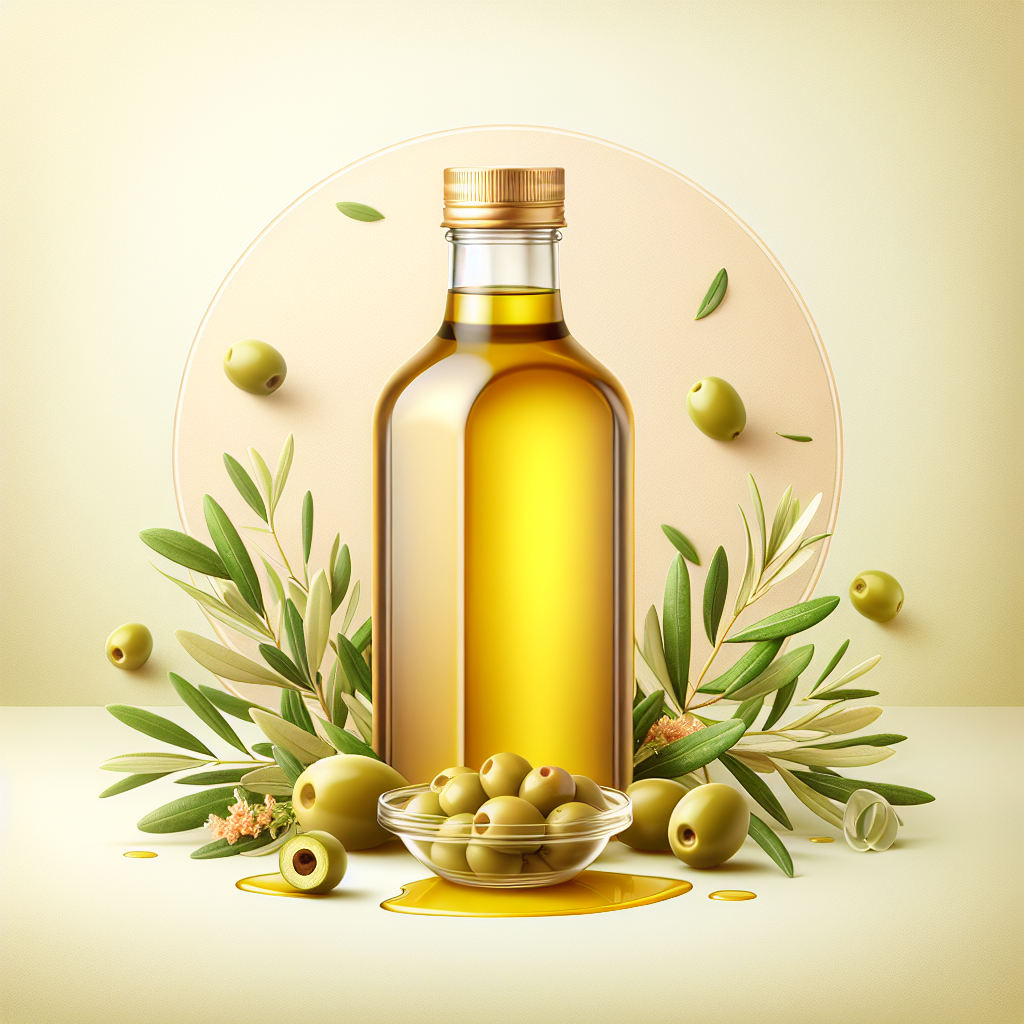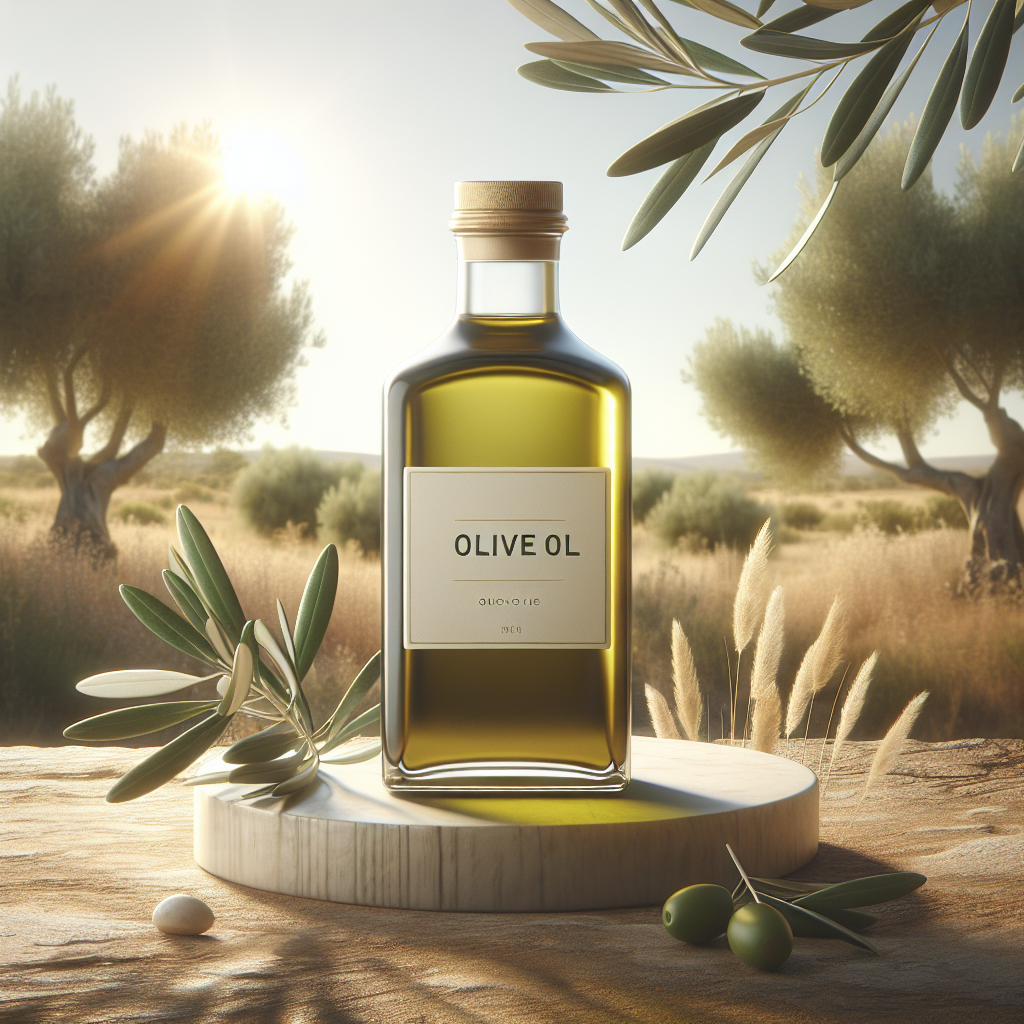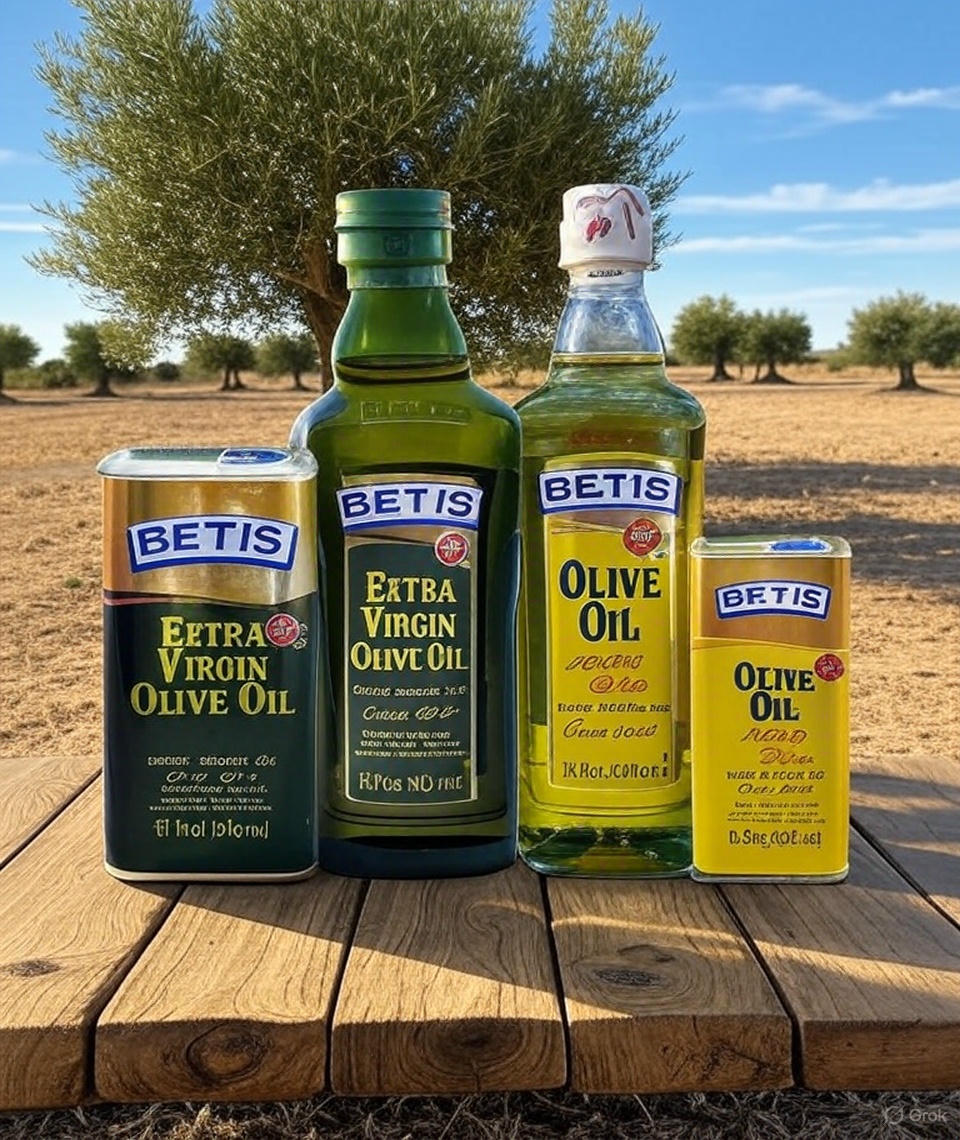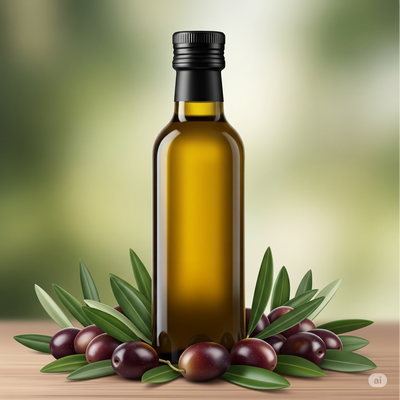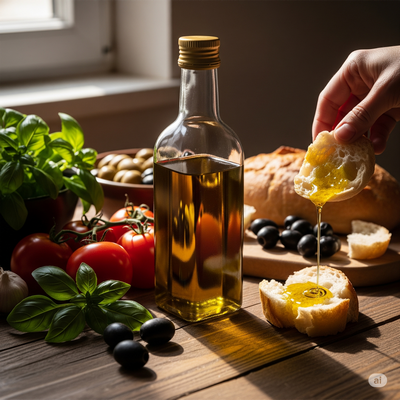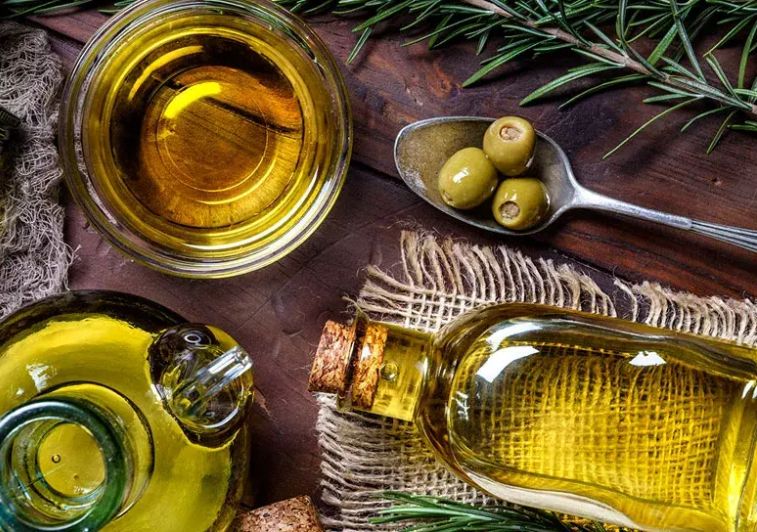HOW TO GET MORE HEALTHY AND SUSTAINABLE OLIVE OIL
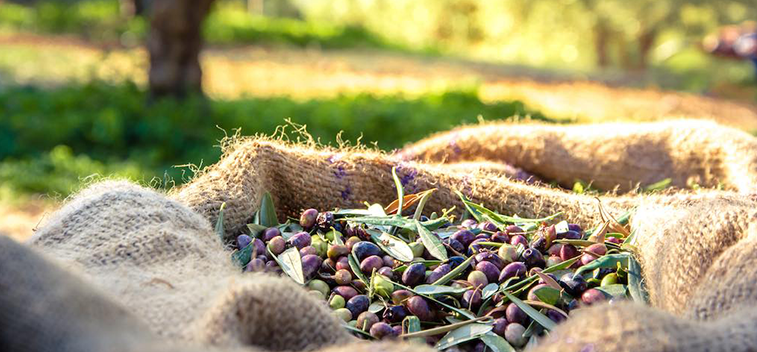
Researchers from the Polytechnic University of Madrid, the Center for Edaphology and Applied Biology of Segura, the Max Mousseron Institute of Biomolcuts of the University of Montpellier and the Agrarian Center “El Chaparrillo” of the Regional Government of Castilla-La Mancha have led an experimental work in the irrigation of an olive grove to verify the effects of water stress both in the quantity and in the quality of the resulting oil.
After two years of work, experts have been able to demonstrate that the use of controlled deficit irrigation, which consists in restricting irrigation during phases in which a water stress has little impact on production, does not affect production but does cause an increase in the content of phytoprostanes, oil components beneficial to health, so it seems a recommended practice in the irrigation of the olive grove because, moreover, it is more sustainable for the environment.
This olive oil not only contains high levels of monounsaturated acids, among which oleic acid stands out for its already known positive effects on cardiovascular and hepatic health, but also contains multiple components such as polyphenols, which have great biological activity.
Other minor compounds present in olive oil are phytoprostanes, which are not only excellent biomarkers of oxidative degradation of products derived from plants, but are also considered to be biologically active molecules, since they are components of an archaic system of signaling the plants to protect against oxidative damage.
These components are found in free and esterified plants, although, due to the lack of enzymes necessary to hydrolyze esters, only those that are in their free form are absorbed by our organism. Although little is known yet about its biological effects, there is evidence that phytoprostanes can help to modulate the function of the vascular system and the immune system.
Although olive cultivation has traditionally been carried out in rainfed conditions, it has been shown that irrigation is a fundamental practice in improving oil production and productivity. However, in recent years, the conditions of arid climate and persistent water scarcity have to add strong competition with other non-agricultural users. Therefore, in order to face this water scarcity, sustainable irrigation must combine an increase in production with the minimum possible use of water.
It has been observed that although water stress during the established period does not affect production in quantity, it does affect its quality, since it causes an increase in the phytoprostan content that is beneficial for health. Researchers have detected that the level of phytoprostanes changes from one year to the next, possibly due to environmental conditions or the load of the tree, which may be a topic for future research.
According to the experts, controlled deficit irrigation is a recommended practice in the irrigation of the olive grove to obtain healthier foods as well as being more environmentally sustainable.
SOURCE: www.agenciasinc.es.

 United States
(English)
United States
(English) Spanish
(Español)
Spanish
(Español) Chine
Chine

